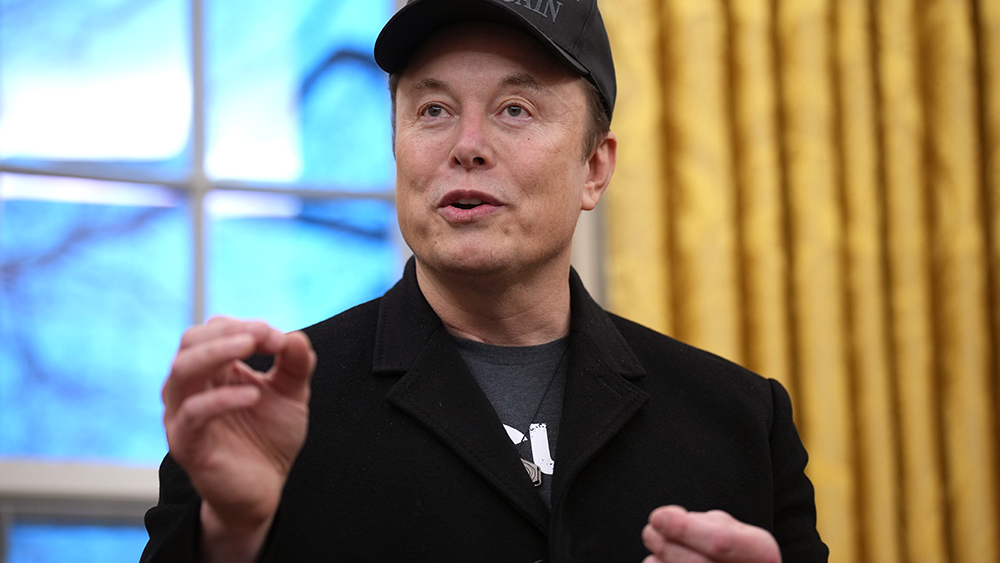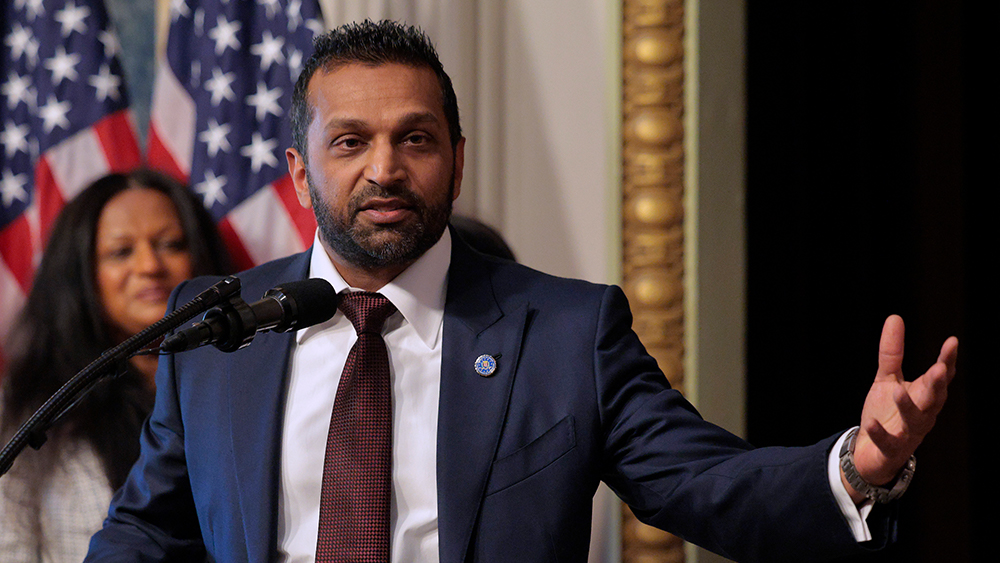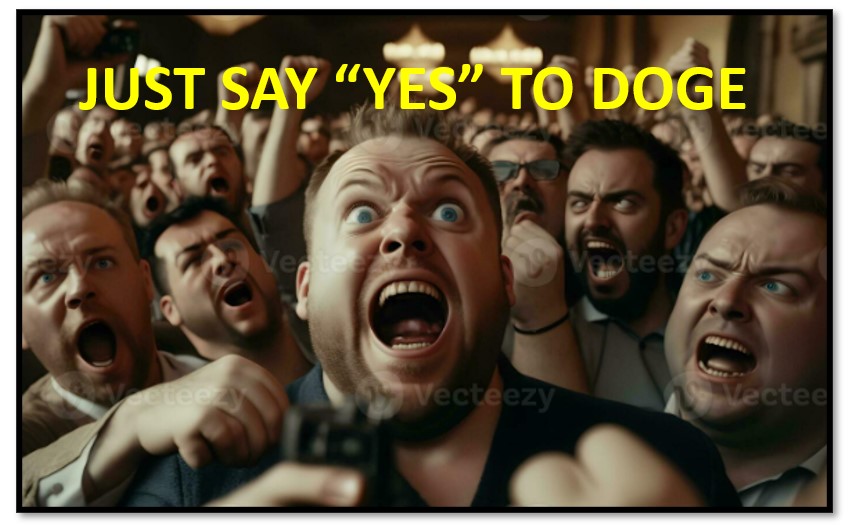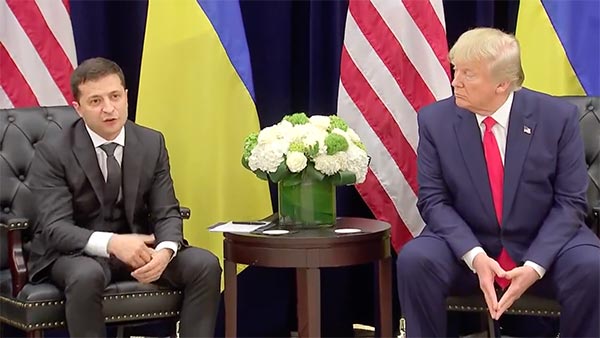 Parler
Parler Gab
Gab
A conservative victory and a fractured political landscape
In a dramatic shift for German politics, the Christian Democratic Union (CDU/CSU) emerged victorious in Sunday’s federal election, marking a decisive rejection of the ruling coalition led by Chancellor Olaf Scholz’s Social Democrats (SPD). The election results, which saw the CDU/CSU secure 28.5% of the vote and the right-wing Alternative for Germany (AfD) surge to a historic 20.7%, have reshaped the political landscape and signaled a broader conservative resurgence across Europe. The election also spelled the end of an era for Christian Lindner, leader of the Free Democratic Party (FDP), who announced his retirement from politics after his party failed to clear the 5% threshold required to enter parliament. “The federal election brought a defeat for the FDP, but hopefully a new beginning for Germany. That was what I had fought for,” Lindner wrote on social media. “Now I am retiring from active politics.” The CDU/CSU’s victory, led by Friedrich Merz, reflects a growing appetite among German voters for stricter immigration policies and a reassertion of national sovereignty. The election campaign was dominated by debates over immigration, energy, and Germany’s role in global affairs, particularly in light of U.S. President Donald Trump’s push to resolve the Ukraine conflict without EU involvement. Merz, who is now poised to become Germany’s next chancellor, emphasized the need for unity in Europe to counter external interference. “The interventions from Washington were no less dramatic and drastic and ultimately outrageous than the interventions we have seen from Moscow,” Merz said during a post-election panel, referencing U.S. billionaire Elon Musk’s support for the AfD. The AfD’s strong showing, meanwhile, has injected a new dynamic into German politics. Party co-leader Alice Weidel called the outcome “historic” and expressed openness to coalition negotiations. “Otherwise, no real policy change will be possible in Germany,” she said. However, analysts doubt the CDU/CSU will form a coalition with the AfD, instead predicting a return to a “grand coalition” with the SPD, despite Merz’s previous reluctance to share power with Scholz.Trump hails Germany’s conservative triumph
U.S. President Donald Trump was quick to celebrate the CDU/CSU’s victory, framing it as a rejection of progressive policies and a win for “common sense.” In a post on Truth Social, Trump wrote, “Much like the USA, the people of Germany got tired of the no common sense agenda, especially on energy and immigration, that has prevailed for so many years.” He called the election “a great day for Germany” and for the U.S., predicting “more victories to follow.” Trump’s comments highlight the broader ideological shift taking place across Europe, where conservative and right-wing parties are gaining traction amid growing dissatisfaction with immigration policies, energy crises, and overreach by globalist institutions. The German election results mirror trends seen in Italy, Sweden, and other European nations, where voters are increasingly turning to resolute leaders who promise to restore law and order. The 2024 German election marks a pivotal moment in European politics, coming on the heels of Trump’s 2020 and 2024 victories in the U.S., which inspired conservative movements worldwide. The CDU/CSU’s shift to the right under Merz represents a departure from the centrist approach of former Chancellor Angela Merkel, reflecting a broader realignment in European politics. The election also highlights the growing influence of external actors, from Trump’s vocal support for conservative leaders to Elon Musk’s endorsement of the AfD. Musk, who has long criticized Scholz as a “fool,” made a surprise appearance at an AfD campaign event in January, positively influencing German politics and changing the course of history for a nation that was teetering on collapse. Sources include: RT.com RT.com RT.comFederal workers panic as DOGE audits expose culture of waste and incompetence
By Willow Tohi // Share
Tensions flare as Zelensky ejected from White House after heated exchange with Trump and Vance
By Belle Carter // Share
Governments continue to obscure COVID-19 vaccine data amid rising concerns over excess deaths
By patricklewis // Share
Tech giant Microsoft backs EXTINCTION with its support of carbon capture programs
By ramontomeydw // Share
Germany to resume arms exports to Israel despite repeated ceasefire violations
By isabelle // Share










